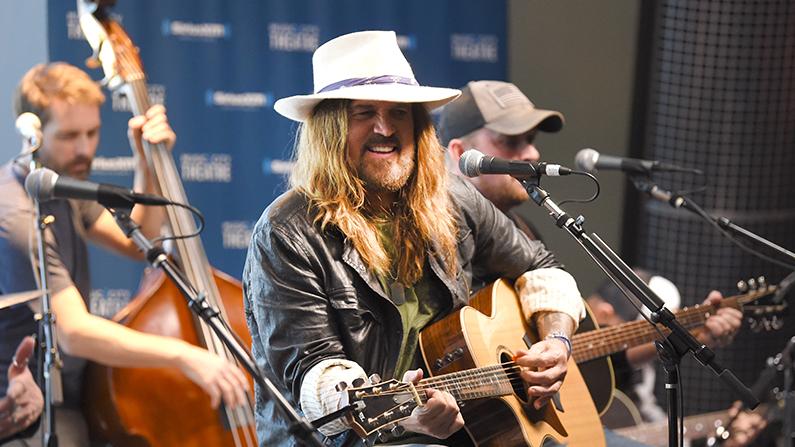Country singer Billy Ray Cyrus is using his fame to call attention to something more serious than pick-up trucks and break-ups.
Cyrus is speaking out about the plight of Native Americans in North Dakota who have complained they are being disenfranchised by the state’s new, more stringent voter ID law.





